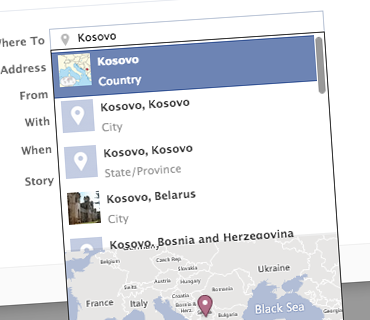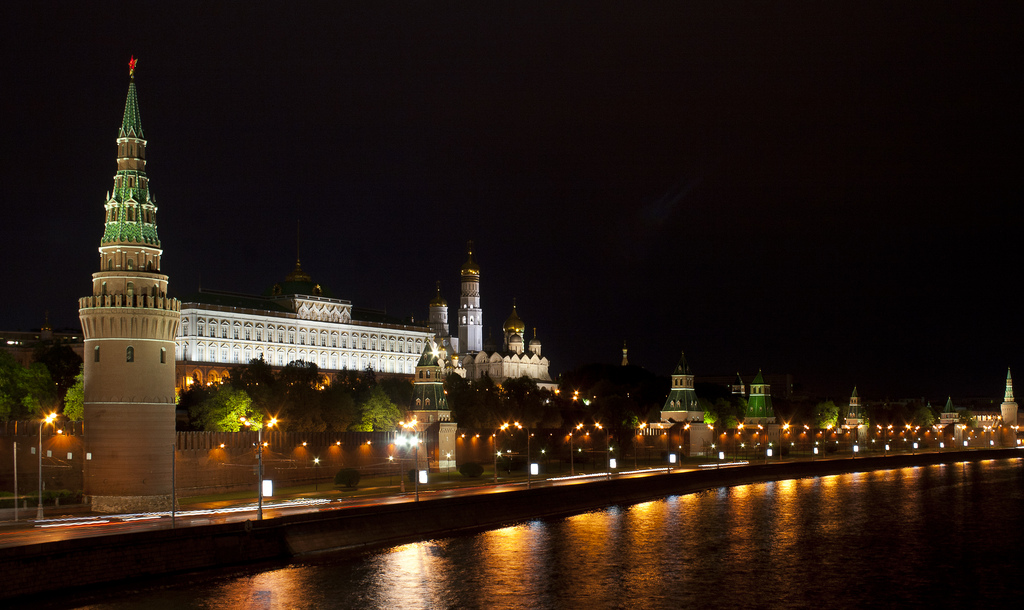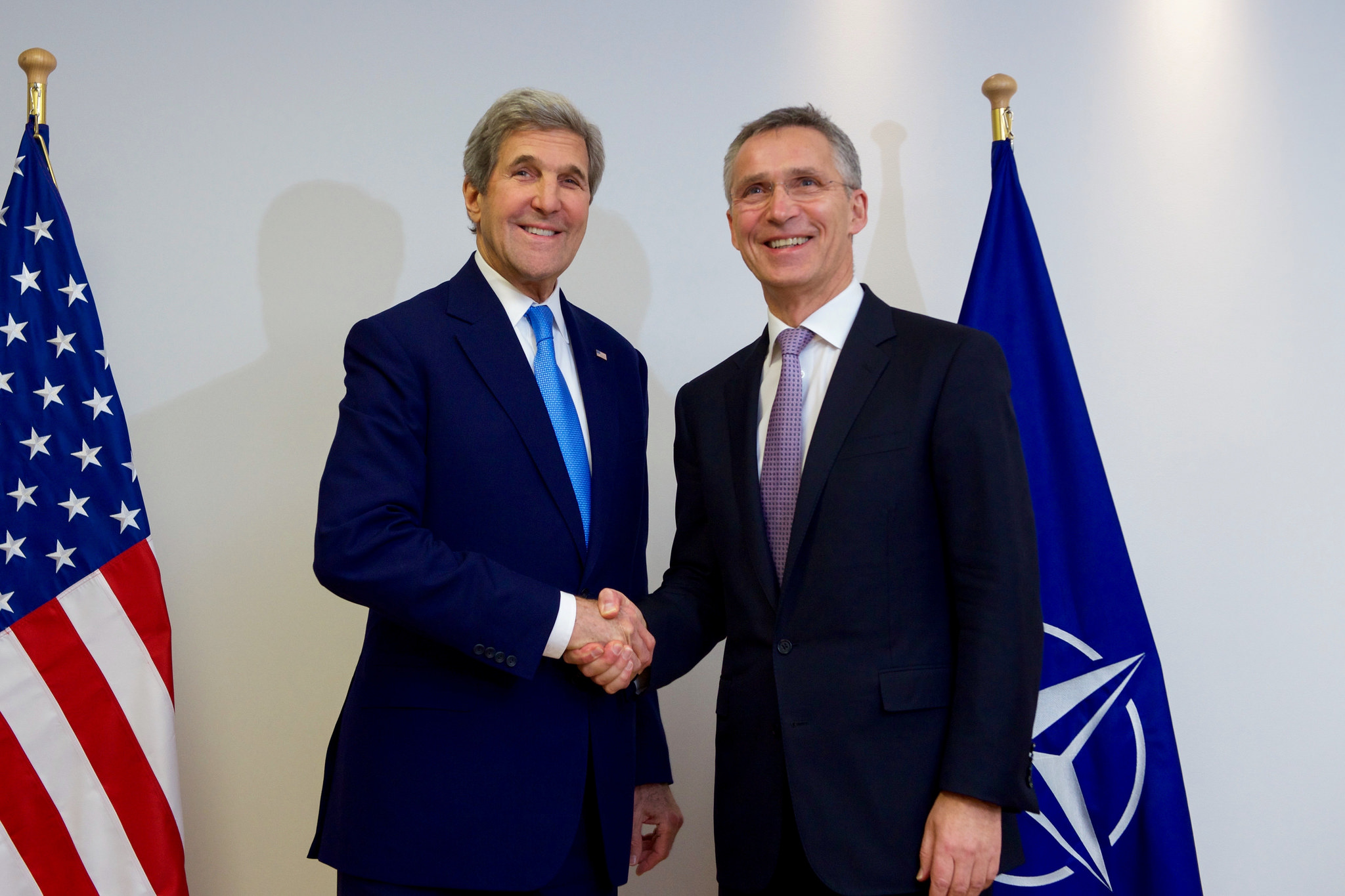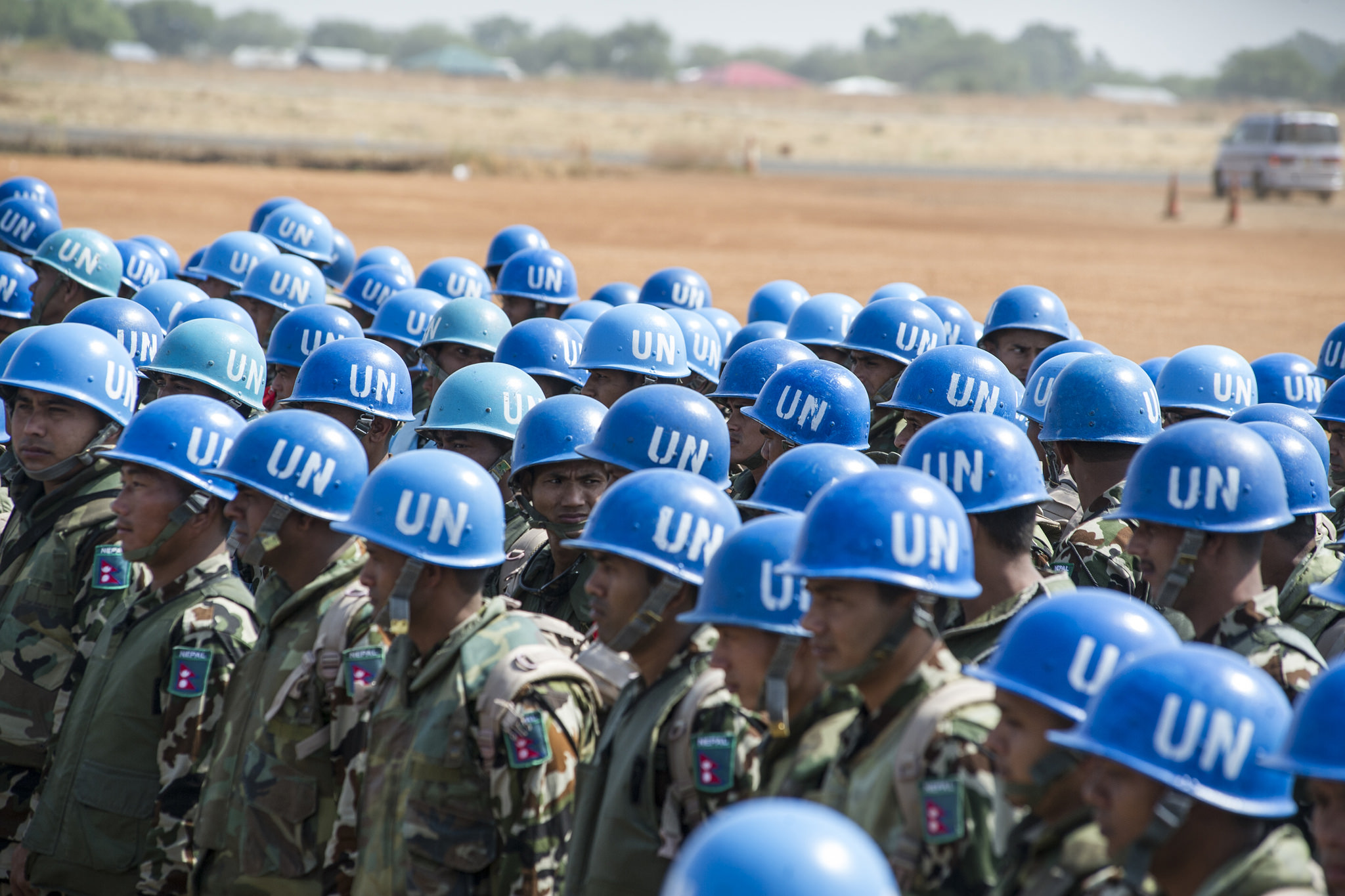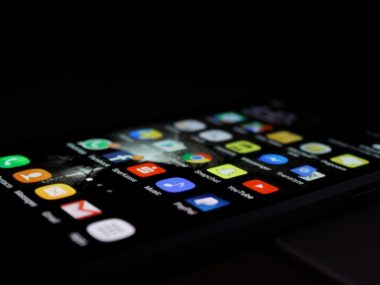Facebook has granted Kosovo recognition as an independent country. This puts Facebook behind the United States, Canada, and many other countries but ahead of Spain, Russia, Serbia and other laggards. Of course, now Serbia and Kosovo contest the meaning of this, with at least one Serb suggesting that “tomorrow they will say that the Smurfs and hobbits have recognized them.” Yet there is something to all of this.
To be honest, it makes me glad that I finished my dissertation twenty years ago. I studied why countries vary in their support of secessionist efforts, including giving recognition. To do so today would now mean tracking key internet outlets? Oy. Of course, this is not the only case where computer companies have to deal with political disputes: Macedonia or FYROM (Former Yugoslav Republic of Macedonia)?
Anyway, how can we make sense of this? Well, much of this comes down to the dynamics of identification. One of the books that changed the way I look at pretty much everything is Donald Horowitz’s Ethnic Groups in Conflict and his discussion of the logic of invidious comparison. The core of it is that one’s self-esteem depends critically on the status of the groups to which one belongs. As these groups rise and fall, so does one’s self-esteem, which can lead to jealousy, anger, hatred and all that other stuff that Yoda warned us about.
Recognition is a competitive exercise in this context, as a recognition of a group’s state-ness improves how members of the group view themselves, and the relevant Other feels diminished by this recognition. So, Kosovars (Albanians) are thrilled to receive recognition as it makes them feel better about themselves, their ethnic group and their country. Serbs are upset because any elevation of Kosovar identity diminishes their own since group self-esteem is significantly shaped not by one’s absolute status but how one’s group compares with others and especially the Other.
To be clear, recognition is more than about self-esteem and identification. It means normal relations can ensue. It is far easier to develop trade agreements and apply international law and all that other stuff in international relations with a “like” entity. States have all kinds of rules and procedures for their relations with states. These rules do not apply, and the standard operating procedures do not work the same when dealing with non-states. So, Kosovo craves recognition as it would provide much more normalcy in its relations with the world.
In its fight to be recognized, Kosovo will take what it can get. It might not be getting recognition soon from the European Union, but it has now achieved recognition from one of the most important actors in our world of social media. Facebook is not the only social media network, but it is one of the biggest and it does connect with much of the world, especially the richer parts. So, its recognition has heaps of value for the self-esteem of Kosovars and more, as social media/networking are connected to the material world of trade, investments and more.
While we often joke about networking being not-working, that our time online is wasted in these virtual worlds — Facebook, Twitter, World of Warcraft, whatever — the reality is that people often take their online connections and build on them in the real world. Perhaps if enough Kosovars develop Facebook friendships in Spain or in other recognition hold-outs, they might be able be able to develop allies in those countries that will push for recognition. I am not saying that is a plan, but perhaps an aspiration.
Academics are just starting to try to figure out how this virtual world of social media impact politics, so we cannot say that Facebook recognition will lead to more states recognizing Kosovo. It certainly will not lead to less. For now, we can simply understand this as yet another battle among Albanians and Serbs in their competitive self-esteem contest. And this is one that the Kosovars have won. Serbia’s losing streak continues even in the virtual world of social media.

